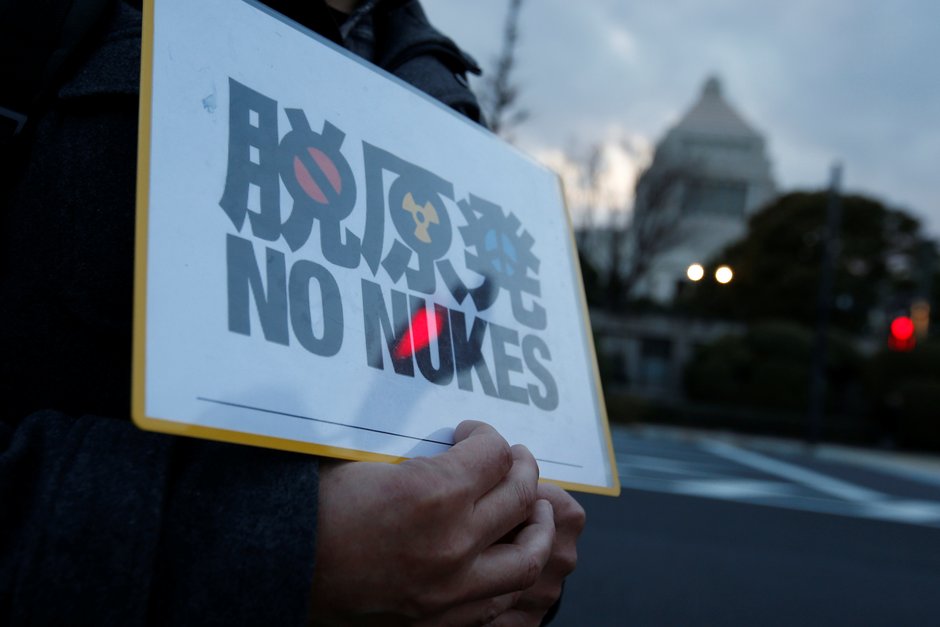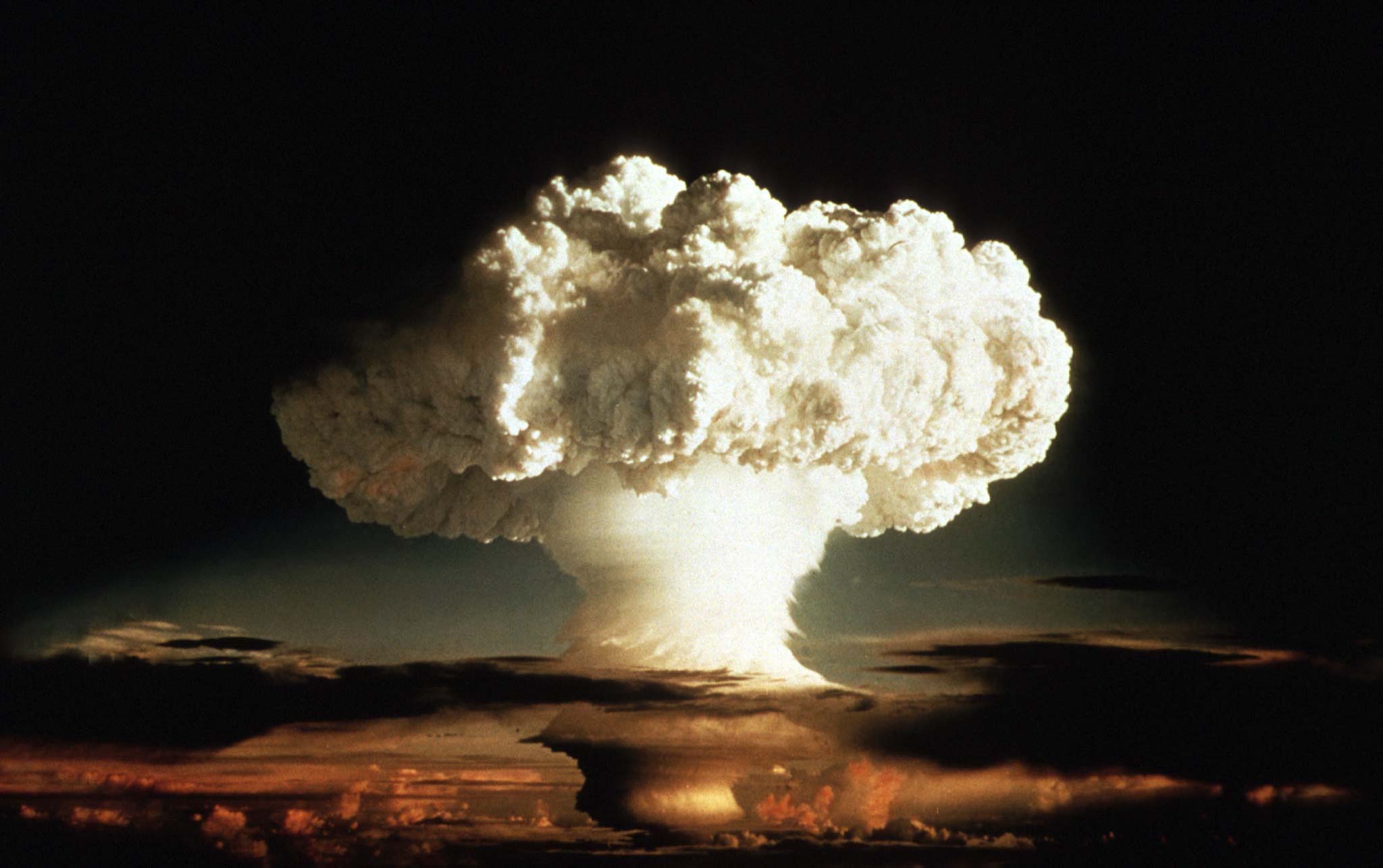It is a common observation that regional and global scenario is changing in the wake of China’s resurgence. Both China and United States of America (USA) are trying to assert their dominance over each other. In this context, U.S. is flexing its muscles at multiple levels to create deterrence in the Indo-Pacific region. From abashing the OBOR project to starting a trade war, U.S. is resorting to every available option to circumscribe China’s military capability and especially its global ambition. Neither carrots nor sticks have swayed China as predicted. Now, U.S. is considering to restart its Nuclear Test Program after almost three decades.

In the end of cold war, U.S. conducted its last nuclear test in 1992, and after the signing of CTBT (comprehensive nuclear test ban treaty) by President Bill Clinton on Sept. 24, 1996, all types of nuclear explosions were outrightly banned in all environments. It was decided that the non-complying states would face economic sanctions. Since then three countries have violated the treaty and have faced economic sanctions. Among these include Pakistan, India and North Korea.
Here a question arises that what has instigated U.S. to reconsider its own treaty? Actually, U.S. intelligence agencies have blamed China and Russia of conducting multiple low-yield nuclear tests. U.S. is of the view that both Russia and China are violating the treaty therefore, U.S. has the right to restart its nuclear testing. However, U.S. assertion has not been substantiated by publicly available evidence as both China and Russia have denied the allegations.
Ramifications of the U.S. decision of resuming nuclear tests
- It would set back the cause of nuclear disarmament that has been pursued by the U.S. for a long time. U.S. has long supported restrictions on countries’ ability to conduct nuclear tests. From signing Limited Test Ban Treaty in 1963 to initiating CTBT in 1996, U.S. has resorted to set rules for all the countries. Now, the resumption of nuclear tests would undermine its status as a rule-setter. Moreover, it would strengthen the long-debated narrative that U.S. has always constrained the ability of other nations and maximised its power by formulating a system that prohibits widespread nuclear testing.
- Resumed testing will give an excuse to other states to enhance their nuclear program. It may actually encourage Russia and China to resume their own tests publicly. Moreover, it would give a loud and clear message to Iran that it made a right decision by refusing to return to negotiating table and that the Trump’s withdrawal from Iran nuclear deal was a hoax.
- In addition, it can also imbalance the geo-political landscape if the rogue elements get their hands on nuclear weapons owing to its proliferation at large scale.
- Lastly, the resumption of nuclear explosions would certainly increase the risk of environmental degradation.
- Changing Trends in the South Asian Region - 14 July 2020
- Social Media: a tool to spread Sponsored Narrative - 13 June 2020
- U.S. Considering to Re-Start Nuclear Test Program: the ramifications - 31 May 2020


Exactly.. a thorough analysis..
Exactly.. geopolitical scenario is changing rapidly..